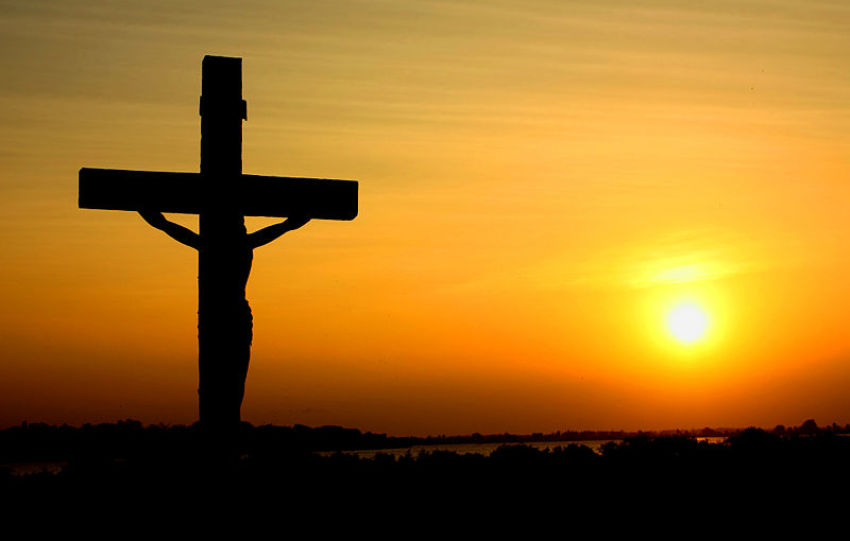Sri Lankan pastor forced to close church amid escalating threats from Buddhist monks, police

A Sri Lankan pastor has been forced to shut down his church and end his ministry work after being detained by police and threatened by Buddhist monks, the Barnabas Fund reports.
The Barnabas Fund learned from local sources that the pastor shut down his ministry following five years of intimidation that culminated in him being ordered to a police station where he faced further threats not only to himself but against his parishioners.
To protect his identity, The Christian Post will refer to the pastor in this article as “Daniel.”
On Oct. 18, police arrived at Daniel’s house in Bakamuna, a town in Sri Lanka’s Polonnaruwa district, the Barnabas Fund reported.
The police ordered him to immediately report to the police station. When he arrived, they took him to an office packed with saffron-robed Buddhist monks.
The monks showed Daniel they had acquired a list of people who attended his church and demanded he close his ministry.
Threats weren’t new to Daniel, the Barnabas Fund said. He had received many of them in the last five years, but this time was different. He felt he had no other choice but to close his ministry.
Radical Buddhist monks often lead Christian persecution in Sri Lanka, the Barnabas Fund's international CEO, Storm Hendrik, told The Christian Post.
“The majority of Sri Lankans are Buddhist. In recent years, we’ve seen a steady increase in mobs orchestrated by Buddhist extremists, often led by Buddhist monks against Christian communities. These mobs especially target Christian converts from Buddhism,” he said.
According to Christian persecution watchdog group Open Doors, Sri Lanka is the 30th worst country for Christian persecution in the world. Christians make up 8% of the nation’s population, and face persecution from both the nation’s Buddhist majority and Muslim minority. Persecution attacks them both through violence and through social pressure.
Although the persecution is mainly for religious reasons, some of it is based on nationalism, Hendrik said. Many Sri Lankans see conversion to Christianity as a betrayal of their nation’s heritage.
“They’ve become Christian; their allegiance is now with Christ,” he said. “They are seen as rejecting that which everyone else holds to.”
Sri Lanka’s Constitution gives Buddhism special privileges. “The Republic of Sri Lanka shall give to Buddhism the foremost place and accordingly it shall be the duty of the State to protect and foster the Buddha Sasana,” it reads.
Many Westerners might be surprised to learn that Buddhists persecute Christians, but Buddhists in other nations differ from those in the West, said Hendrick.
“I think the Buddhism we are aware of in the West is very different from the Buddhism of Southeast Asia,” he said. “The majority of Buddhists are peaceful. However, as I mentioned, there are these Buddhist extremists.”
Christians in Sri Lanka have little human help against persecution, Hendrik said. Instead, they pray and trust in God. Christians around the world can help Daniel by praying and spreading the news about his plight.
“The courage of our brothers and sisters in faith can encourage us and challenge us. They are willing to undergo all of this suffering because of their faith for the sake of Christ,” Hendrik said. “We should pray for them and examine our own hearts. If we are called to face this opposition, we should also hold fast to our faith.”



























